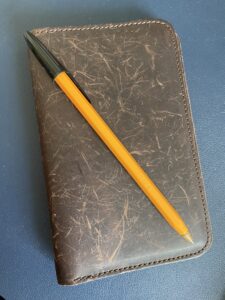Solving Viva Prep
If 20 to 30 hours of viva prep is about right for most candidates then depending on someone’s plans that might mean:
- 1 or 2 hours of viva prep every day over the course of two weeks;
- 30 mins to 1 hour of viva prep most days over the course of a month;
- At least 3 hours of viva prep every day if there is just one week left.
The last option is probably not desirable or helpful!
The other two could work and more generally you can find a solution for viva prep simply by thinking about your circumstances, needs and preferences.
How much time do you have? What pressures constrain you? How do you like to work?
Reflect on those questions and compare the timings above. Then you can start to think about how you might plan your viva prep in a kind and sustainable way for yourself.
